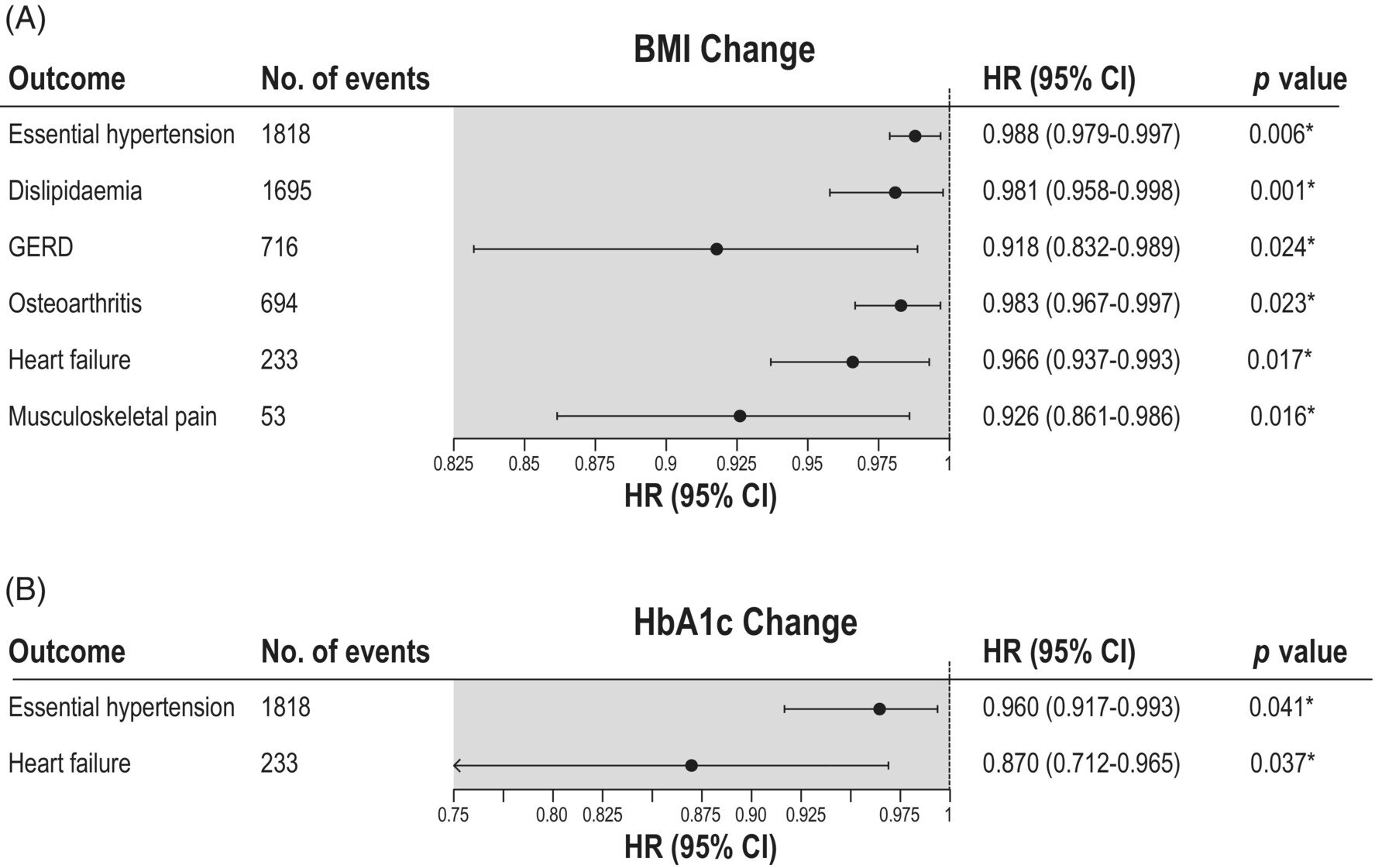
Patients in nearly half the country can’t get appointments with specialist teams for weight-loss support and care, including treatment with drugs such as semaglutide. And in nearly one in five local health areas, patients don’t have access to a bariatric surgery service, reports Elisabeth Mahase.
The government estimates that obesity costs the NHS in England around £6.5bn a year and is the second biggest preventable cause of cancer, after smoking.
Yet obesity specialists told The BMJ that services for weight management in England are not given the priority they deserve, often being the first to be cut when budgets are tight. Patients are also often the victims of prejudice among many people, including some health professionals and commissioners, who believe they are less worthy of care than other patients.
The BMJ analyzed responses from all 42 of England’s Integrated Care Boards (ICBs)—responsible for planning health services for their local population—about the weight loss services they commission.
These showed that just over half of the ICBs (24 of the 42) commission both tier 3 and 4 adult weight loss services that cover their entire population and are accepting new referrals.
Just over a third of ICBs (15) reported problems with tier 3 services such as that they were currently closed to new patients (six ICBs), that they only covered part of the ICB’s catchment area (seven), or that the ICB didn’t commission any services at this level (four).
Access to tier 4 services, which provide bariatric surgery, is also restricted in many parts of the country, with seven ICBs not providing a bariatric surgery service to patients in their area.
Nicola Heslehurst, senior lecturer in maternal nutrition at Newcastle University and chair of the UK Association for the Study of Obesity, told The BMJ that the current provision of weight management services “doesn’t in any way meet the need” and warned that without “radical” action to improve access to services and address all the drivers of obesity, prevalence, costs, and health inequalities would continue to rise.
England’s poor provision of weight management services is also reflected in the low number of bariatric surgeries carried out each year (around 5,000 NHS surgeries compared with 50,000 in France).
Yet consultant bariatric surgeon Ahmed Ahmed, points out that gastric bypass “is the most clinically effective and the most cost effective” treatment.
This is backed up by a cost per quality adjusted life year or QALY (a measure of years lived in good health) gain of between £2,000–£4,000, which is well under the NICE cut-off for good value interventions of £20,000 per QALY gained.
When asked about the poor provision of weight management services, a spokesperson for NHS England said the NHS is “working with the Department of Health to support improvements in the obesity pathway.”
More information:
Obesity: Only half of England has access to comprehensive weight-loss services, The BMJ (2024). DOI: 10.1136/bmj.q1950
Citation:
Obesity treatments being restricted by cash poor local services across England, investigation finds (2024, September 11)
retrieved 13 September 2024
from https://medicalxpress.com/news/2024-09-obesity-treatments-restricted-cash-poor.html
This document is subject to copyright. Apart from any fair dealing for the purpose of private study or research, no
part may be reproduced without the written permission. The content is provided for information purposes only.


